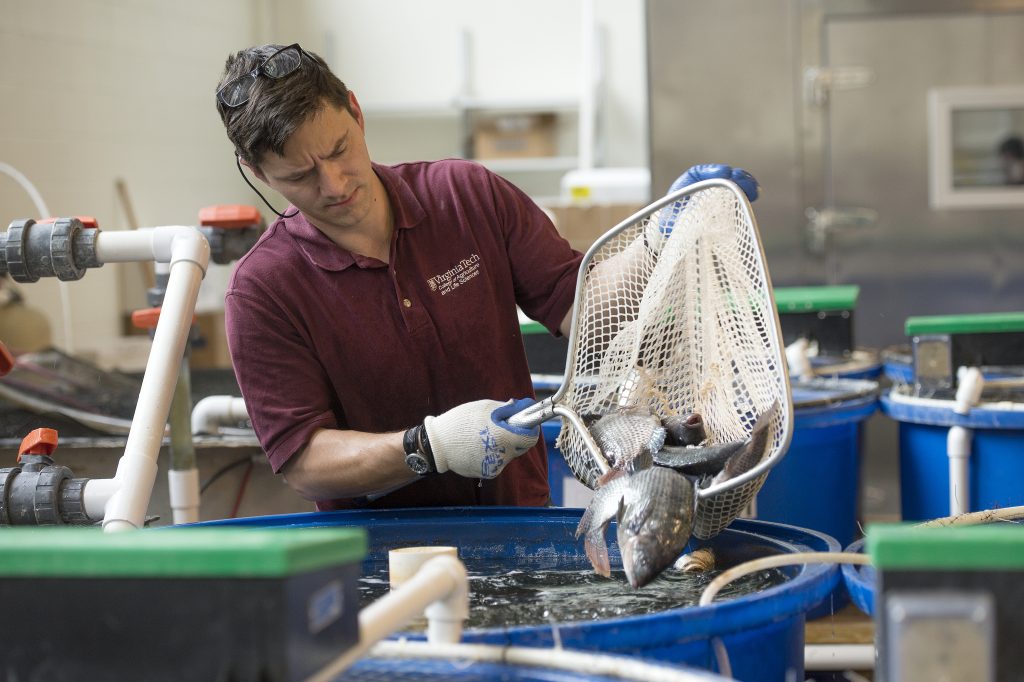
Features
Recirc
People power
All indications are pointing to more RAS deployments across the globe as markets respond to increasing demand for sustainable food production, and the aquaculture industry realizes its potential to feed a growing global population.
November 22, 2018 By Mari-Len De Guzman
 All indications are pointing to more RAS deployments across the globe
All indications are pointing to more RAS deployments across the globeAccording to recent estimates by the United Nations, the global population will reach 9.7 billion by the year 2050, which is expected to increase food demand by up to 98 per cent.
The growing popularity of RAS has created more demand for specialized operational skills. Educational institutions and training programs offered by RAS technology development companies are helping raise the level of expertise of aquaculture practitioners to meet this growing demand. Producing highly qualified labour able to meet the rapidly changing pace of technology development and market requirements is key.
Continuous learning is also important. RAS tools and technology are constantly evolving as investments and breakthroughs in research and development continue to ramp up. Practical knowledge sharing is important as lessons learned from deployments across various markets help shape and mature the industry.
There is no shortage of aquaculture conferences taking place around the world, such as the upcoming RAStech conference jointly hosted by Hatchery International and Virginia Tech, which provides a great venue for knowledge sharing. RAS-focused conferences are an essential part of a RAS practitioner’s skills development playbook.
On-the-job learning is also an opportunity to hone one’s RAS skills. The Fresh Tips column provided by The Conservation Fund’s Freshwater Institute, appearing in the Winter issue of RAStech magazine, offers some practical ways aquaculture organizations can help build their staff’s confidence in operating and maintaining RAS.
Advances in digital technology, as our cover story discusses, provide opportunities for learning as virtual environments can be created for staff training and development. The trend toward digitization of the aquaculture industry, by the way, is another reason why continuous professional skills development is needed.
In the same way technological innovations have disrupted other major industries (think Airbnb and Uber), the aquaculture industry stands to gain from advancements that aim for more efficient operations. Those organizations that are able to adopt new technologies that will enhance the way they do their business will likely have the competitive advantage – and a highly-skilled, highly-competent labour market will help propel those successes.
Always happy to hear from our readers, so please email me for any comments and story ideas you’d like to see in a future issue of RAStech magazine.
Print this page





